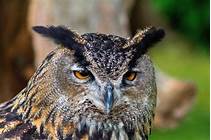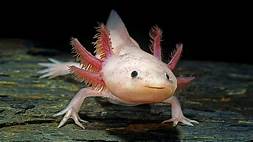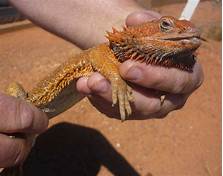Can I Own a Pet Owl?
Owls are fascinating creatures with striking eyes, keen hearing, and silent flight. Their unique characteristics have captivated people for centuries, leading to the question: can I own a pet owl?

Legality of Owning an Owl
The legality of owning an owl as a pet varies widely depending on the country, state, or municipality. In many places, it is illegal to keep owls in captivity without a special permit or license. These permits are often difficult to obtain and require specialized facilities and knowledge.
Suitability of Owls as Pets
Even if it is legal to own an owl, it is essential to consider whether these birds make suitable pets. Owls are wild animals with specific needs and instincts that can be difficult to meet in a captive environment.
Challenges of Owl Ownership
Owning an owl comes with various challenges:
- Nocturnal Nature: Owls are nocturnal predators, meaning they are most active at night. This can disrupt your sleep and make it challenging to provide them with proper care during the day.
- Specialized Diet: Owls have a specific diet that typically consists of live prey, such as mice, rats, or chicks. This can be expensive and challenging to obtain.
- Large Space Requirements: Owls need a significant amount of space to fly and exercise. They require large enclosures or aviaries that can accommodate their natural behaviors.
- Training and Socialization: Owls are not typically domesticated animals and require specialized training and socialization to interact safely with humans. This can be a time-consuming and challenging process.
Alternatives to Owl Ownership
If you are interested in owls but not ready for the commitment of owning one, there are alternative ways to enjoy these magnificent birds:
- Owl Watching: You can observe owls in their natural habitats through guided tours, birdwatching events, or by visiting owl sanctuaries.
- Educational Programs: Some organizations offer educational programs that allow you to interact with owls under the supervision of experts.
- Volunteering: You can volunteer at owl rehabilitation centers or wildlife sanctuaries, where you can learn more about these birds and contribute to their conservation.
Conclusion
Owning an owl as a pet is a complex and challenging endeavor that requires specialized knowledge, facilities, and resources. It is essential to carefully consider the legal, ethical, and practical implications before making a decision. If you are interested in owls, explore alternative ways to appreciate and learn about these remarkable birds.
Declaration: All article resources on this website, unless otherwise specified or labeled, are collected from online resources. If the content on this website infringes on the legitimate rights and interests of the original author, you can contact this website to delete it.





